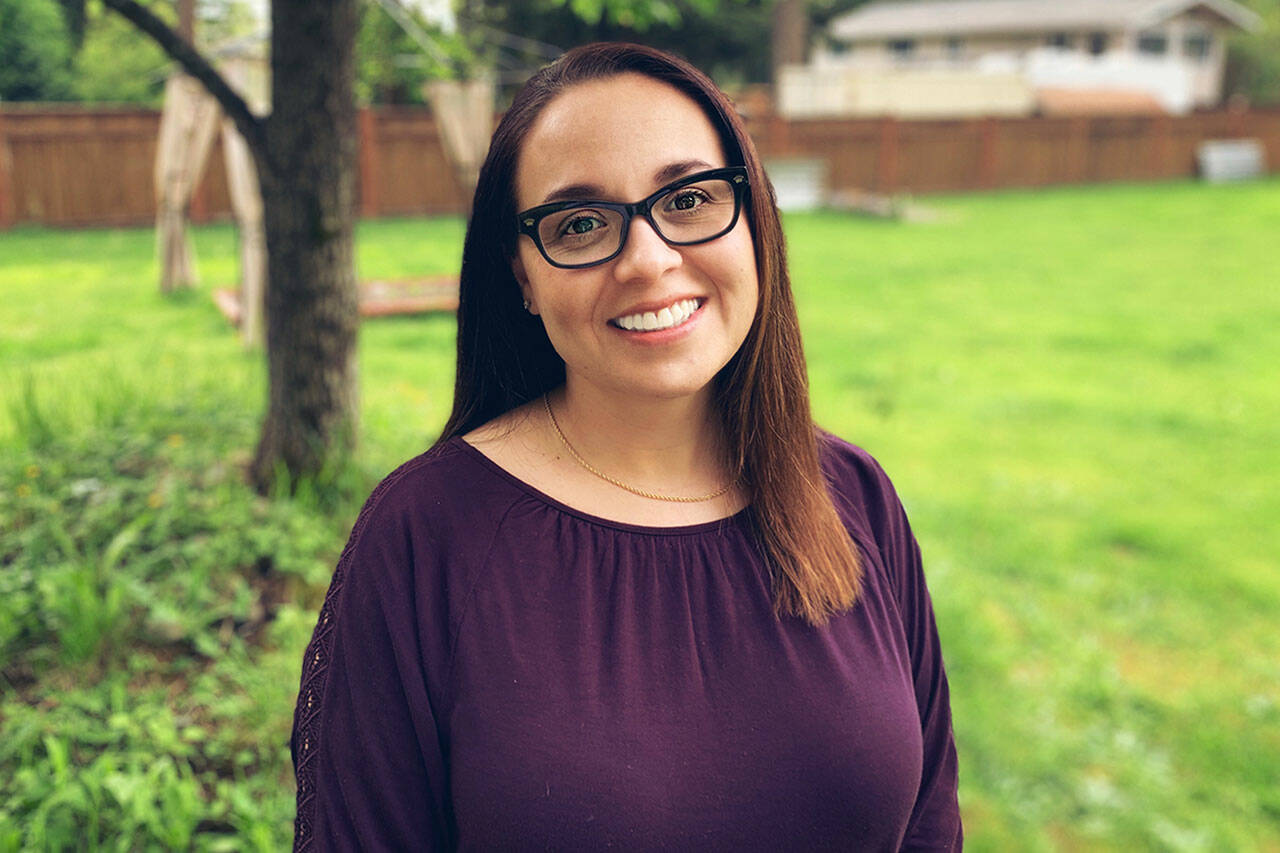I have attempted tirelessly to come up with something to say for June. And, everything that comes to mind seems insignificant with all that we as a nation have been seeing, hearing, and feeling over the last few weeks. Mass shootings, allegations of corruption in our back yards, threats of violence at our local schools, the list is endless.
I do not wish to provide my opinion on any of these current “hot topics”. My hope for the people of this great nation and or our local community is that we do not become numb to the tragedies. I pray that we do not hear the tragedy today and forget about it tomorrow. We need to continue to have the conversations that will impact and create change. What that change is, I do not know. What I do know is that we need to move these conversations into policy and action.
In my season of speechlessness, I have chosen to do some research on how to bring forward my own voice to make sure that we do not forget the change that I believe is needed.
I did a quick Google search: How does change happen? I know it is a broad question but I was curious on what I would get back. The first attempt returned an article. It was titled “Why Change Happens: Ten Theories” by Sara Robinson (ourfuture.org). I recommend the read, but here’s a quick summary of the ten theories:
1) Progress: Change happens because we want to improve our lives.
2) Development: Change happens because we want to build.
3) Technology: Change happens because we create new technology that helps drive social progress.
4) Ideas: Change happens because we exchange ideas and opinions.
5) Markets: Change happens because we push to innovate.
6) Cycles: History does repeat itself, and change can happen in a cyclical pattern.
7) Conflict: Change happens when people struggle and fight for improvement.
8) Power: Change happens when people in power want to stay, or increase, their power.
9) Evolution: Life is always changing and adapting.
10) Chaos, complexity, and criticality: Individual changes can appear random and non-sensical, but patters appear if you look at them holistically.
The ten theories that are offered are all very informative, challenging and reasonable. Some I agreed with and others challenged me to think differently. After reading the article what I could resonate with is that we all want to live our lives to the fullest extent. And in doing so we want the world to adapt to the ways that conform to what best fits our comfort zones, whatever that might be. What we know as a collective people is that not everyone comes to the conversation with the same experiences and thus we have the great debate that poses a question. What is the right move forward?
This is where I take pause. The right move forward for me may not be the right move forward for you. The assumptions and lived experience that I bring to the conversation will not be the same as yours. So where does change begin and how does it happen?
I believe change happens through conversations, agreeing to disagree and the power of negotiation and influence. Change happens in a variety of ways. Where it all begins is in active listening, change begins in the conversation. Change is your voice. Change begins with my voice. Change is our voices placing attention on the things that matter to us as individuals and as a collective. So in my times of being speechless, the silent moments, I am also choosing to do the following:
• Begin attending local school board meetings more regularly
• Attend our local city council meetings on a regular cadence
As I begin to do this, I challenge myself and others to think about their own approach of creating change. What are some actions you can take to bring change?


